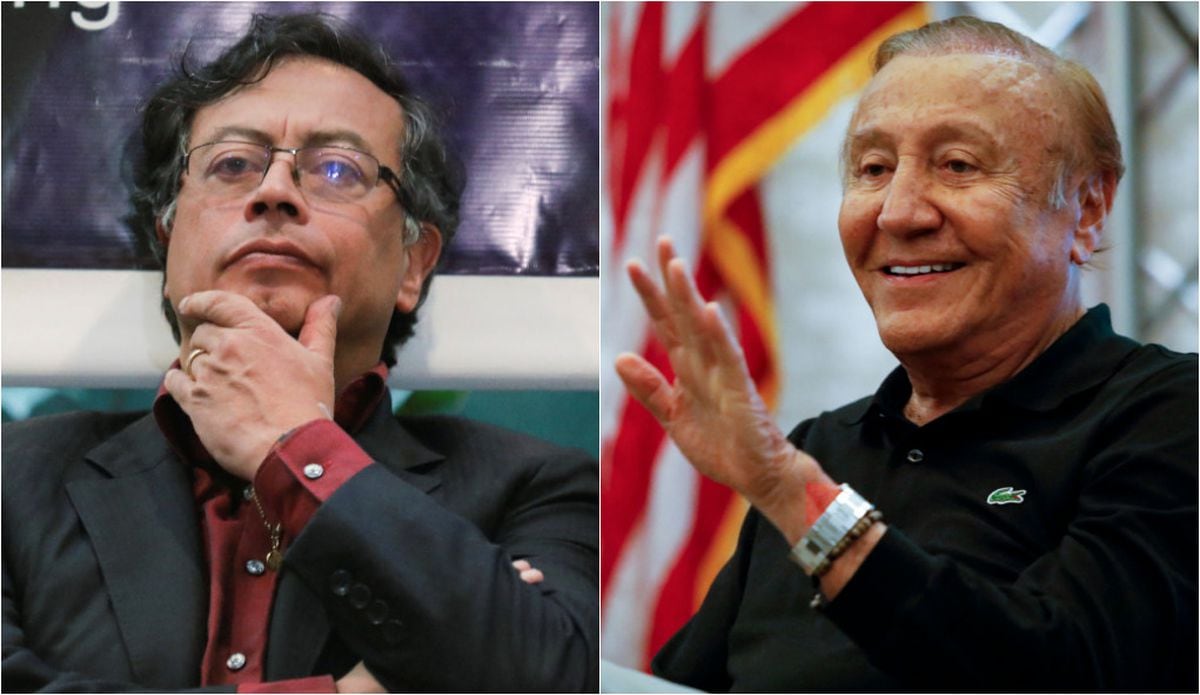There is a collective understanding that education is important, that it is necessary to advance, and that it is the way out of poverty. No one will ever disagree that education is a priority. However, in these elections an absentee from the national conversation has been education as an issue and a basic tool to solve the country’s deep inequalities. In the words of the French economist Thomas Piketty in his book A brief history of equality, “The problem is that there is a monumental gap between the official discourse on equal opportunities and the reality of the educational inequalities faced by the disadvantaged classes.” In other words, and as the results of the Saber tests show, the gap between public and private schools widened 4 points from 2020 to 2021. In this last year, the performance of private schools was 35 points higher than that of public schools. According to an analysis by the ExE Educational Management Observatory, the number of students from the lowest socioeconomic level who took the Saber 11 test was 14,753 fewer students than in 2019, before the pandemic. This seems to indicate that students with greater vulnerability conditions dropped out of the school system.
Although the result of the Saber tests is only one variable of all those that must be analyzed when talking about educational quality, it is a specific indicator that raises several opportunities for improvement for the education sector. Especially when the general cry is to move to a student-centered education, in which the priority is the well-being and comprehensive development of the country’s boys, girls and young people, in which there is room for innovation, the development of skills of the XXI century, curricular flexibility, among others.
We can achieve this with innovative public policies: which are absent in the proposals of the two presidential candidates. Each one proposes a series of actions without greater clarity of how they would be developed and which do not tend towards the structural improvement of the system. According to the analysis of the government programs of the candidates that we did in the Entrepreneurs for Education Foundation, we found that of the 420 proposals of Gustavo Petro only 30 (7%) focus on education and of the 300 proposals of the government program of Rodolfo Hernández, also 30 (10%) address the issue.
Regarding the target population of the proposals, 67% of those of Gustavo Petro focus on students, 10% on teachers, 3% on teaching directors and 20% on other actors, such as educational institutions, financing, secretariats of education. and other actors simultaneously. In the case of Rodolfo Hernández, 67% of the proposals focus on students, 23% on teachers, there is no specific proposal for teaching directors, and 10% of the proposals focus on other actors in the education system. We propose 7 strategic themes to transform the educational quality of the country. These topics are: closing the learning gaps between students, imagining education from innovation and technology, school autonomy and educational quality, teaching quality, financing of education, early childhood and post-secondary training.
The financing of preschool, basic and secondary education should be a priority, however, the candidates do not mention the General System of Participations (SGP), the main source of financing for education, 58% of the total resources of the sector comes from here. However, 95% of the resources are allocated to operation as salary payment and only 5% to quality. It is important that resources grow in education, as the country has already done during 2002 to 2016, and that, in addition, they be directed exclusively to educational quality.
Innovation does not refer only to a device with connectivity, it also refers to teachers and educational directors with renewed pedagogical strategies, different learning spaces, and to students and members of the educational community with tools to be creative. Innovating is a way to rethink the educational system in Colombia. For this, it is key to consolidate a National Innovation System where the Ministry of Education, the Ministry of Technologies, the Ministry of Mines and Energy and all the actors involved with educational trajectories take part. There are urgent challenges, 12% of educational venues still do not have electricity.
To improve the quality of teachers, the candidates do not take into account in their government proposals the creation of a Teacher Professional Development System with a differentiated training offer for teachers and teaching directors with technical and socio-emotional tools, incentive schemes, Mentoring with accompaniment, and with predictable teacher evaluation mechanisms, according to the budget, and focused on student learning.
Before the elections, it would be very important for a next government to understand that education requires a systemic approach and that it has results in the short, medium, and long term. The latter are the most important and will take place when the next generations of students graduate from school and regardless of whether they graduated from rural or urban, public or private schools, they have clarity in their life project and with educational quality that includes good results. in the Saber tests and an assured transition to quality post-media training. Today in the country we already have enough studies, analyzes and proposals that allow us to build a roadmap that leads us to have a better educational quality and therefore where education is the real vehicle to have better life opportunities and economic and social development. .
–


